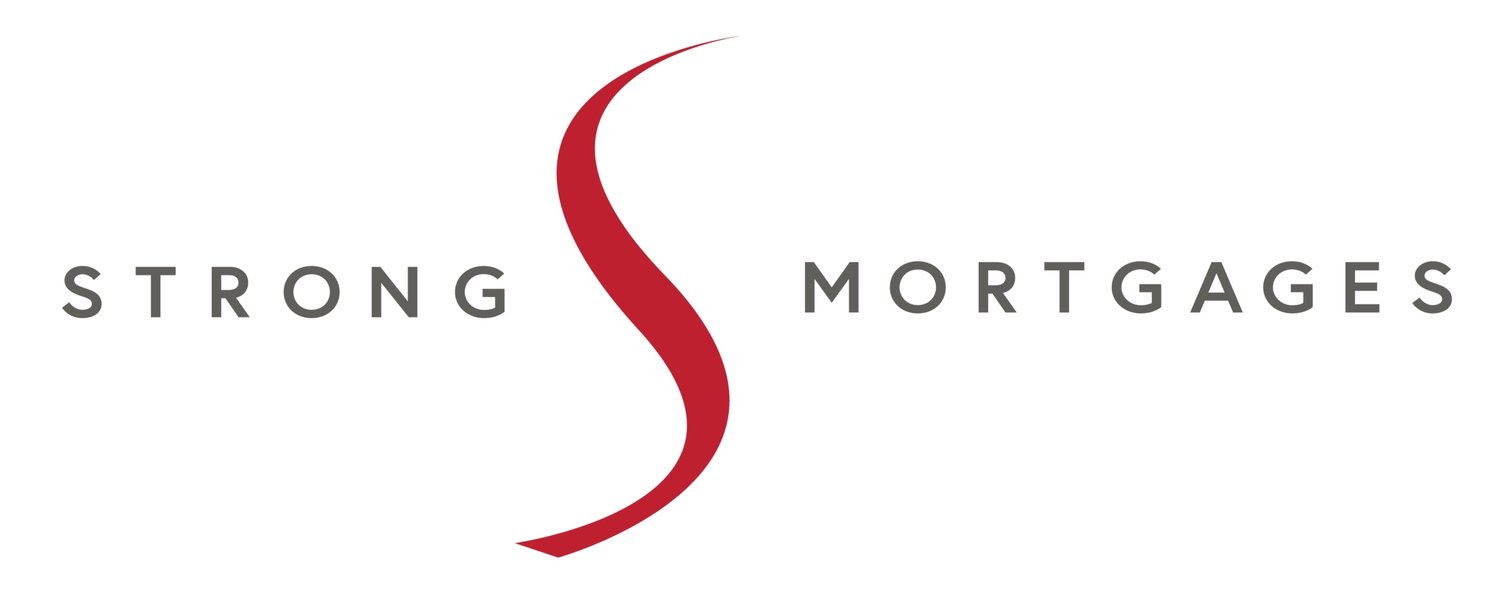 I was graciously invited to attend the CMHC Annual Housing Outlook Conference by Lance Jakubec, Senior Consultant, Research and Information Transfer with CMHC. He was an exquisite speaker, whom I have had the pleasure of listening to for the second time this year. Engaging, energetic and informative. His main objective was to promote and highlight the features of CMHC’s Canadian Housing Observer, a 150+ page document that covers an in-depth look at the housing marketing research collected by CMHC and other real estate bodies.
I was graciously invited to attend the CMHC Annual Housing Outlook Conference by Lance Jakubec, Senior Consultant, Research and Information Transfer with CMHC. He was an exquisite speaker, whom I have had the pleasure of listening to for the second time this year. Engaging, energetic and informative. His main objective was to promote and highlight the features of CMHC’s Canadian Housing Observer, a 150+ page document that covers an in-depth look at the housing marketing research collected by CMHC and other real estate bodies.
In fact, all the details provided by the CMHC Market Analysts at this year’s conference are available in the annual publication with additional data and related reports, articles and information. This “best selling” book, by shear volume of publications distributed, is available for free in print and online. Expect to see the 2012 edition to be available soon.
Here’s a summary, having three top economists and market analysts sharing some key findings from 2012 and what trends we should be expecting for 2013:
Carol Frketich, Regional Economist, CMHC Paul Fabri, Senior Market Analyst, CMHC Robyn Lake, Senior Market Anayst, CMHC
- Posted Rates are to remain between 5% and 5.75%; Variable to between 3-4%. US expects rates to remain low into 2015.
- Employment levels are up, but have not seen the same increase in wages.
- Expect to see a positive interprovincial migration to BC for 2013 due to the unemployment gap widening unfavourably for Ontario and the price gap narrowing compared to Alberta and Ontario.
- We are still maintaining international migration, but it is shifting from investors to skilled workers.
- In 2036, Canada expects to have 1.5-Million Canadians aged 70-74 planning to live at home. Plans need to be implemented now to develop homes that are accessible, easily adaptable, but not institutional – aka Flex Housing.
- Buyer’s Market expected at least until mid next year. Currently sitting with 9 month supply available for sale.
- The flattening of housing prices are partly attributed to sales shifting from higher priced homes to more moderately priced homes.
- Biggest drop in single detached home sales have been seen in West Vancouver (-48%), Richmond (-45%), Vancouver West Side (-38%), White Rock (-38%), however homes in Shaughnessy, Point Grey and the University Endowment Lands have held firm with their prices.
- Supply of homes is elevated, but well below previous peak in the 1990′s.
- Home sellers are choosing to remove their listing rather than taking deep discounts.
- House prices are down moderately in all areas, except West Side Vancouver and Richmond noticing larger declines with -7% and -8% respectively, experienced mainly due to run-ups prior to the decline.
- An estimated 3.5-Billion will be spent on renovations in the lower mainland, with the expectation that home owners will try to “love it” rather than “list it”.
- Housing Starts are to remain consistent to this year’s 19,000, with household growth close to 17,000.
- Fastest growing household type is Multiple Family (more than one family living in a dwelling), with strong increases in Langley, West Vancouver, and White Rock.
- Townhomes are a potential growth market with interest coming from the baby boomers.
- Rental demand is expected to remain strong with rents rising moderately and vacancies at a low 2%.
- 20-34 Demographic experiencing higher rental rate due to mobility
- A higher percentage of adults are living at home with their parents in Vancouver in comparison to the rest of the country. A surprising 12% of 30-34 year-olds still live at home versus 9% on a national average. 24% of 25-29 year-olds live at home nationally compared to over 30% in Vancouver.
- Investors are holding on to properties for longer periods of time (2-5 years) rather than flipping.
- The investors’ share is highest in the University Endowment Lands (48%), Downtown Vancouver, (43%), Langley (36%), City of Vancouver (34%), Port Moody (28%) and Surrey, Maple Ridge and City of North Vancouver (27%).
- New condo sales down by 52% with 11 months of supply; 1/2 as much from previous peak in 2008/09.
- Condo prices are holding well with an average price per square foot of $515, however, this does not include certain forms of discounts being offered by developers.
To learn more or get your free copy of the observer visit CMHC or call 604-731-5733.

